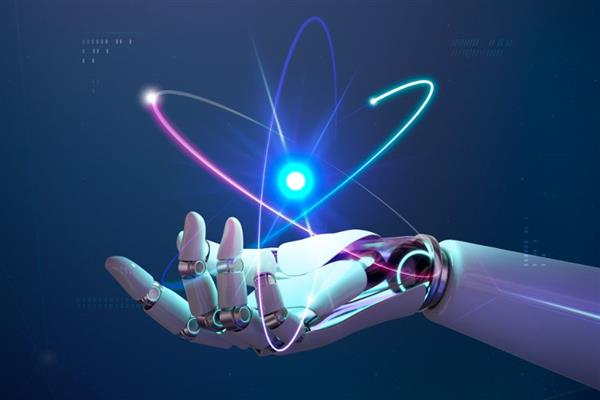
Understanding AI — What It Is, Why It Matters, and What’s Next
Artificial Intelligence (AI) is no longer a futuristic concept confined to science fiction. From the smartphone in your pocket to the recommendation engine on your favorite streaming platform, AI has become a silent partner in our daily lives. But what exactly is AI, why does it matter, and where is it heading? Let’s break it down.
What Is Artificial Intelligence?
At its core, Artificial Intelligence (AI) refers to the simulation of human intelligence by machines. These systems are designed to learn, reason, and make decisions—often faster and more efficiently than humans.
Some common forms of AI include:
- Machine Learning (ML): Algorithms that improve with data.
- Natural Language Processing (NLP): Powering tools like chatbots and voice assistants.
- Computer Vision: Allowing machines to “see” and interpret visual information.
- Robotics: Combining AI with physical machines for automation.
In simple terms, AI is about teaching machines to think and act intelligently.
Why Does AI Matter Today?
AI isn’t just a buzzword—it’s transforming industries and everyday experiences. Here are some reasons it matters:
1. Boosting Efficiency
AI automates repetitive tasks, from processing invoices to analyzing medical scans, freeing humans for more strategic work.
2. Enhancing Decision-Making
With predictive analytics, businesses can forecast demand, detect fraud, and personalize customer experiences.
3. Healthcare Innovation
AI-powered tools help doctors diagnose diseases earlier, suggest treatments, and even accelerate drug discovery.
4. Global Connectivity
Through real-time translation and conversational AI, language barriers are breaking down, making the world more connected.
Simply put, AI matters because it is shaping the way we work, live, and interact.
What’s Next for AI?
The future of AI promises both opportunities and challenges. Here’s a look ahead:
1. Generative AI at Scale
We’re already seeing tools that create images, text, music, and even videos. The next step is refining these models to be more creative, ethical, and reliable.
2. AI and Work
Instead of replacing humans entirely, AI will increasingly collaborate with people—supporting creativity, problem-solving, and productivity.
3. Ethical AI Development
As AI becomes more powerful, issues of bias, privacy, and transparency will be critical. Governments and organizations are already setting guidelines for responsible AI.
4. Everyday Integration
From smart homes to personalized learning platforms, AI will continue weaving itself seamlessly into daily life.
Key Takeaways
- AI is intelligence in machines—designed to learn, adapt, and assist.
- It matters because it’s transforming industries, boosting efficiency, and changing the human experience.
- The future of AI lies in generative creativity, human-AI collaboration, ethical frameworks, and deeper integration into our lives.
Final Thoughts
Artificial Intelligence is no longer just about machines becoming “smart.” It’s about humans and machines working together to create a more efficient, innovative, and connected world.
Whether you’re a business leader, a student, or simply curious about technology, understanding AI today means being prepared for tomorrow.
You may also like
Archives
Calendar
| M | T | W | T | F | S | S |
|---|---|---|---|---|---|---|
| 1 | 2 | 3 | 4 | 5 | 6 | 7 |
| 8 | 9 | 10 | 11 | 12 | 13 | 14 |
| 15 | 16 | 17 | 18 | 19 | 20 | 21 |
| 22 | 23 | 24 | 25 | 26 | 27 | 28 |
| 29 | 30 | 31 | ||||
Leave a Reply